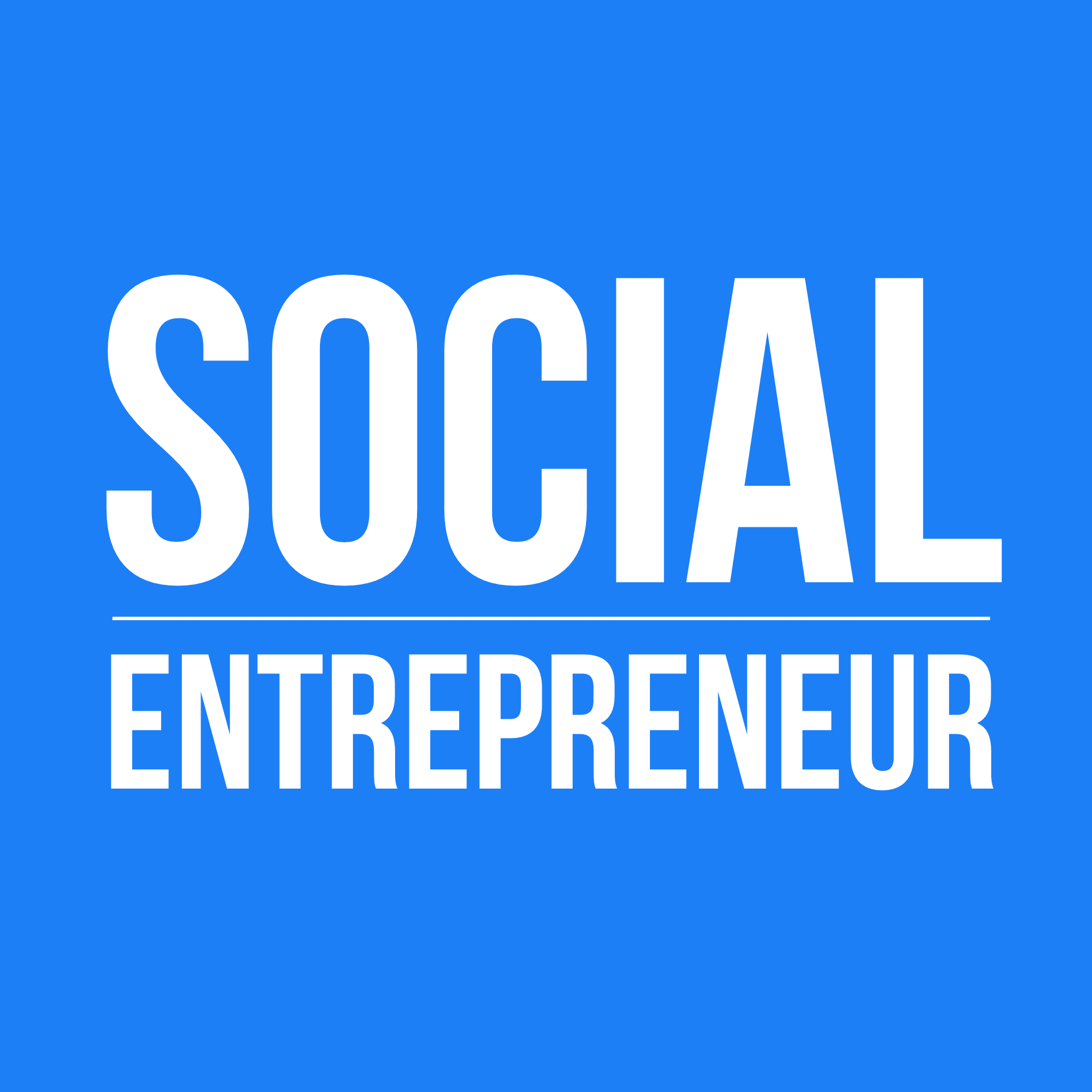Feb 06 2017 25 mins 1
Wanda Organic is a for-profit social enterprise that works with farmers to improve their productivity and profitability by improving their soil.
At the age of 28, Marion Atieno Moon quit her job. She wasn’t quite sure what she was going to do next, but she knew there had to be more to life than work and a paycheck. When she returned home to Kenya, she noticed a pattern. As she visited the villages of her childhood, she was expected to bring food. This was a sharp contrast when compared to her travel to other regions where strangers often offered food to her.
As she considered the causes of food insecurity, she realized that food production depends on a handful of factors such as climate, water, and soil. Soil has been called “the living epidermis of the planet.” It is the thin membrane upon which all life on earth depends. Marion saw the poor quality of soil as a business opportunity.
Challenges with Food Production in Kenya
Kenya is a microcosm of the challenges of food production globally. One report estimated that 1.3 million people in rural areas and between 3.5 to 4 million in urban areas are food insecure. The population is growing and becoming more affluent. The cities are encroaching on arable farm land. Climate change is changing soil temperatures and putting pressure on water supplies. And, more importantly, poor farm practices have led to decreased productivity.
Wanda Organic educates Kenyan farmers on the important role soil plays in productivity. They sell bioorganic fertilizers that restore soil health. They also help farmers access markets.
Social Entrepreneurship Quotes from Marion Atieno Moon
“By focusing on maximizing or restoring soil health, we’re enabling farmers to produce more and better-quality food.”
“A lot of the arable land is being taken over by urbanization.”
“I felt there must be more to life than working and making money.”
“I found a huge gap in soil fertility.”
“I learn a lot from the farmers I work with.”
“By using our products, farmers are able to increase their productivity by 30%.”
“We are able to reduce input costs by about 20%.”
“We are currently working with just over 4,000 smallholder farmers, and we have 11 big, corporate clients that we work with.”
“People don’t understand how serious and bad this is.”
“If you’ve killed your soil, you’ve got to fix it.”
“I felt I finally had a seat at the table.”
“I realized that I had grown so much.”
“I feel my instincts are so much better.”
“Resilience and persistence – don’t underestimate what those two can do for you.”
“Take soil very seriously.”
Social Entrepreneurship Resources:
- Wanda Organic: http://wandaorganic.com
- Wanda Organic on Facebook: https://www.facebook.com/wandaorganic
- Wanda Organic on Twitter: https://twitter.com/WandaOrganicKE
More Stories of Sustainable Development Goal 2, No Poverty
In 2017, we’re emphasizing the Sustainable Development Goals (SDG). In February, we are focusing on Sustainable Development Goal 2, Zero Hunger. You can read more about Sustainable Development Goal 1 here, Sustainable Development Goal 2 here, or learn about the Sustainable Development Goals here.
